Strange Beauty: Photos Reveal Tufa Towers of Mono Lake
Whimsical Towers
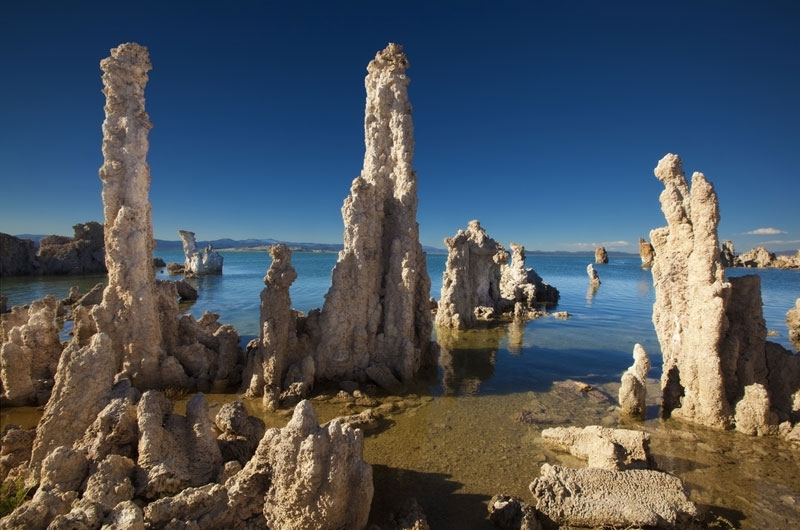
These pale gray and ivory "tufa towers," located in California's Mono Lake, may look like eerie art instillations, but they occur naturally and are made of limestone. Check out more of these fantastical towers.
Moonlit Mono Lake
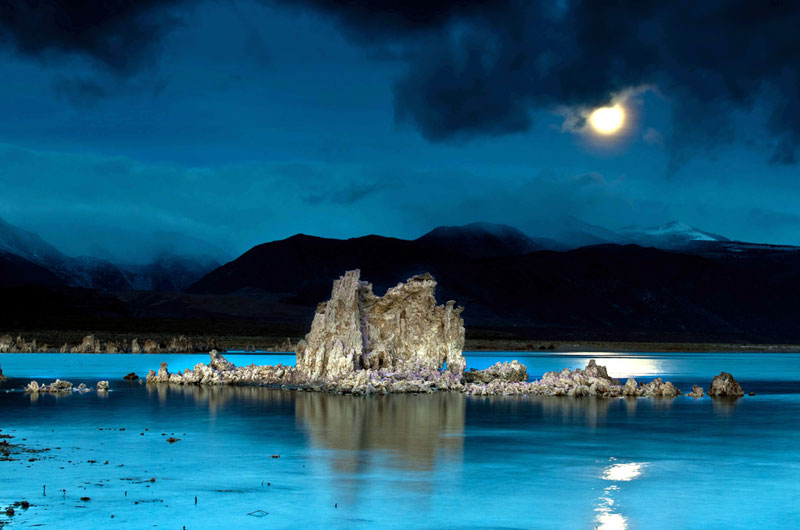
Tufa, the unusual rock formations that jut out of Mono Lake in California's Eastern Sierra, are famous for their otherworldly beauty. The greatest concentration of these unique "towers" is located at the south end of the lake. In the photo above, the moon rises over one of the dark ivory towers.
Limestone Buildup
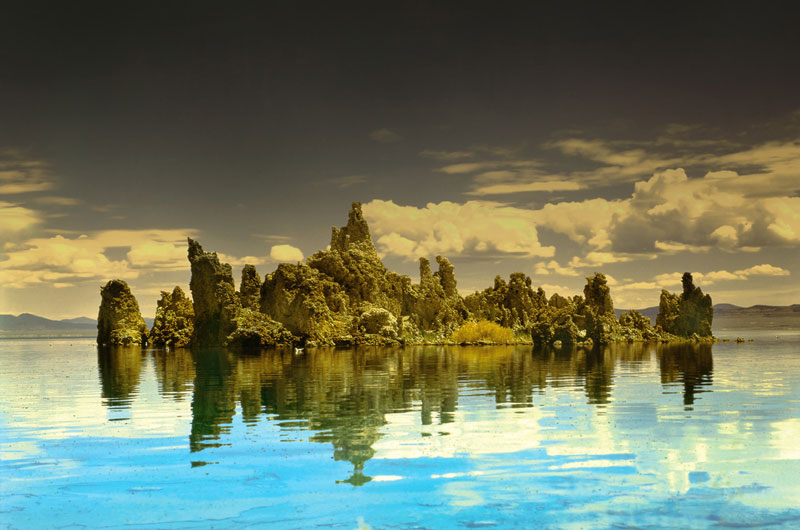
Made of limestone, tufa forms as a byproduct of the precipitation of carbonate minerals from surrounding water. When water from heated underwater hot springs rich in calcium meet with the carbonates in lake water, the result is calcium carbonate, also known as limestone.
Sun Over Tufa
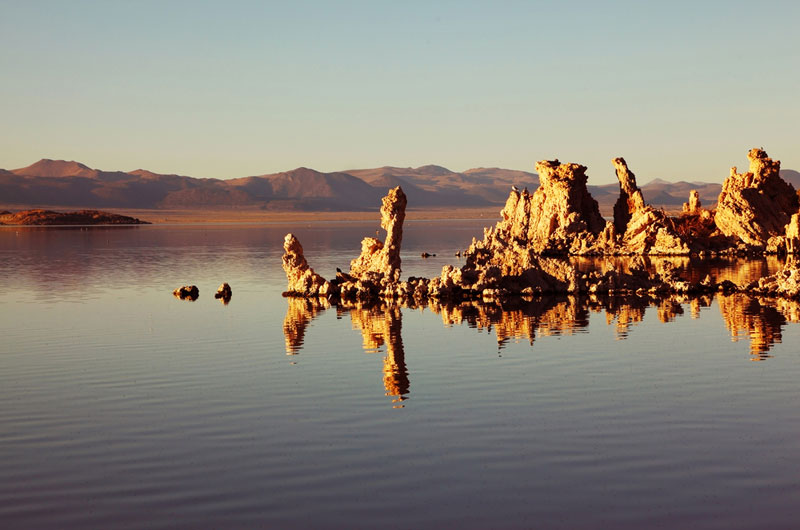
The uncanny tufa formations take on a golden appearance at sunset.
A Chilling Scene
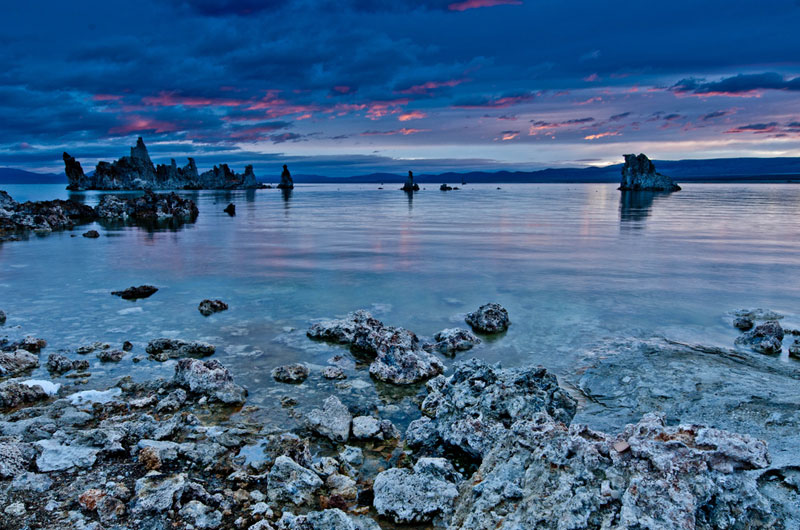
The formations look especially eerie in this photo, taken during a cool autumn morning.
Daybreak
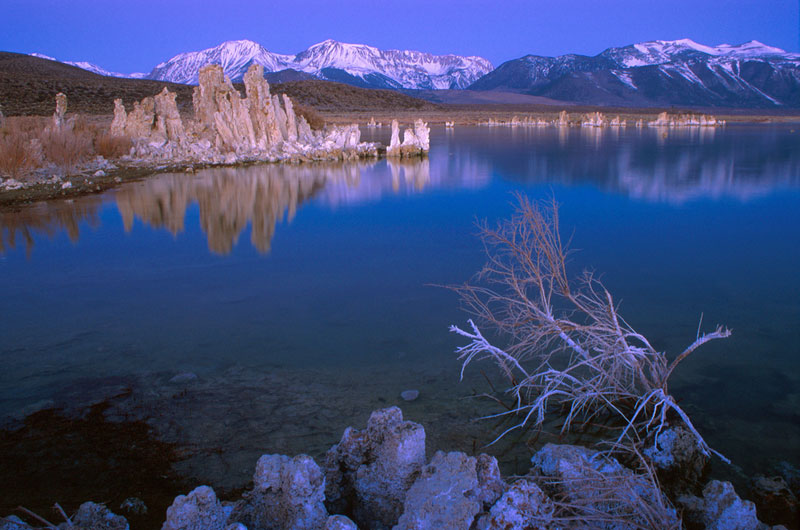
Another strangely beautiful early morning shot of the tufa formations, with the Sierra Nevada Mountains in the background.
By the Shore
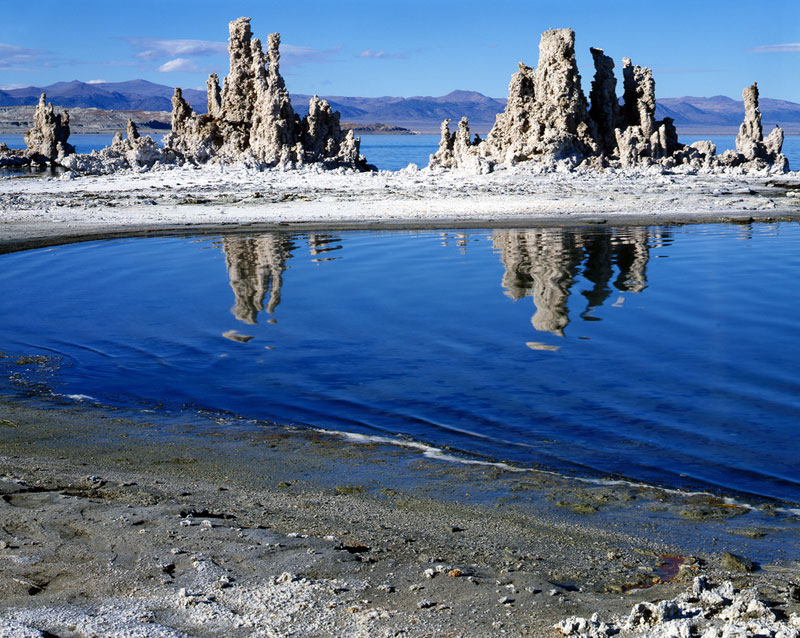
The tufa towers rise like giant sand castles, peeking above Mono Lake's surface.
Get the world’s most fascinating discoveries delivered straight to your inbox.
Tufa Towers
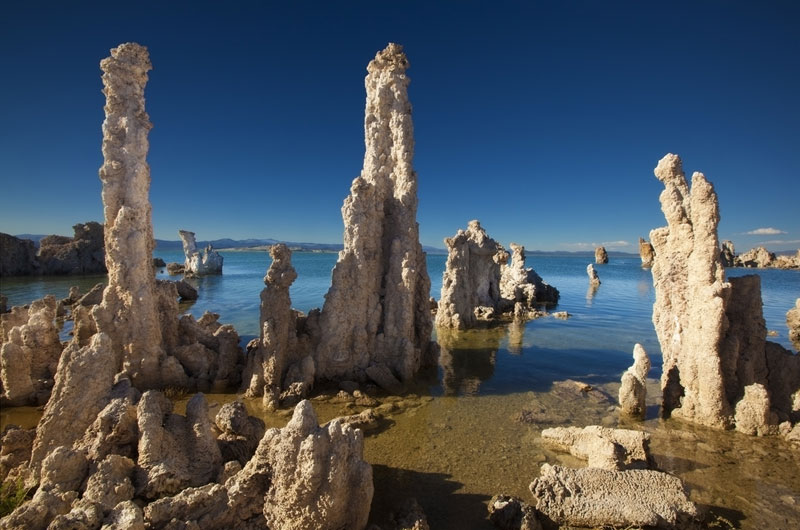
The odd shapes that tufa take can sometimes resemble coral. Towers like these were once submerged, but gradually began to become visible as water was diverted into the Los Angeles Aqueduct and the surface level of Mono Lake fell.
White Stone, Pink Mountains
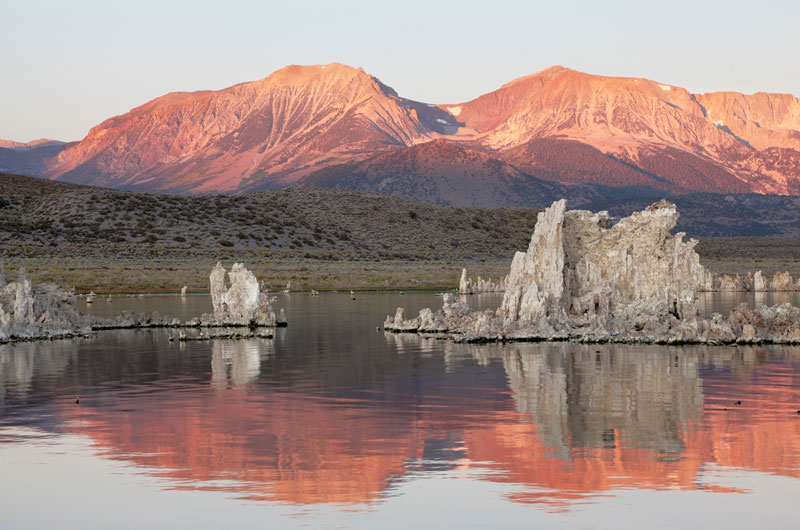
hown at sunrise.Mono Lake is what remains of a much larger Pleistocene lake known as Lake Russell, according to the U.S. Geological Survey. Here, the lake is shown at sunrise.
Grown Over
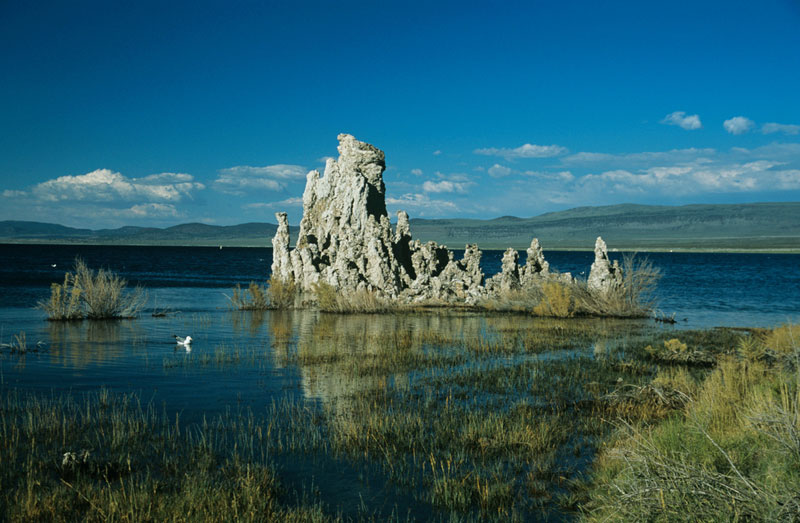
Mono Lake's tall grasses and shrubbery are shown growing along the bottom of this tufa formation.
Surreal Landscape
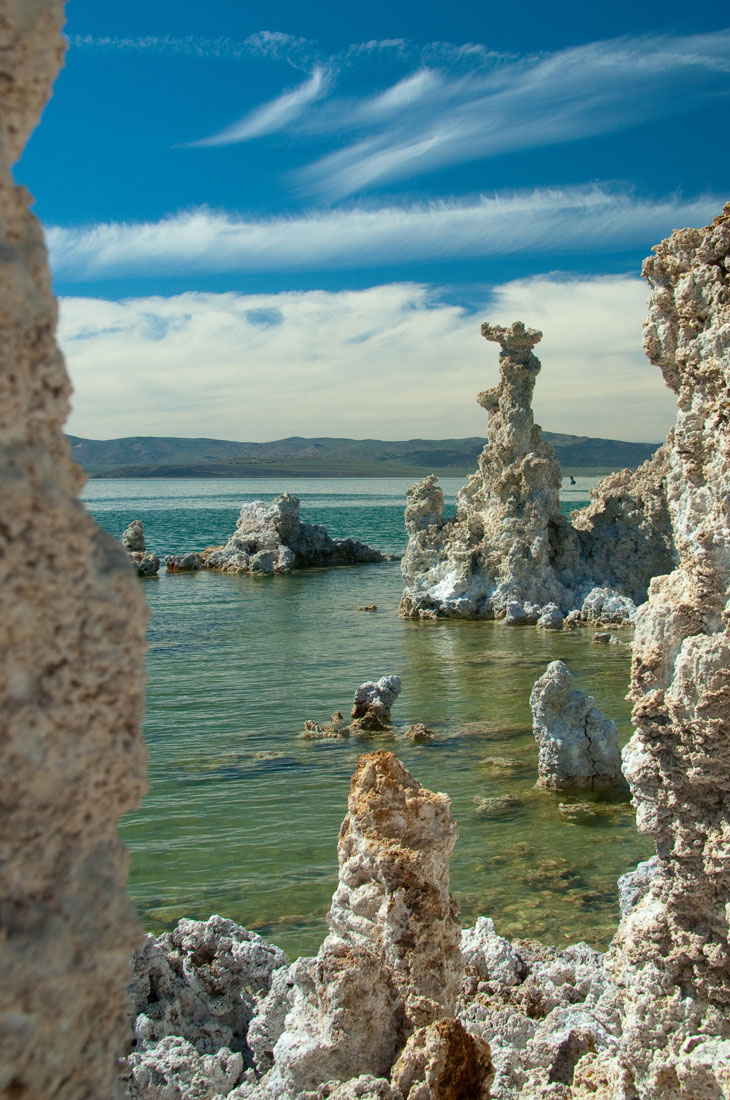
The delicate white tufa towers formed where freshwater springs percolate up from the bottom of the lake.
 Live Science Plus
Live Science Plus





